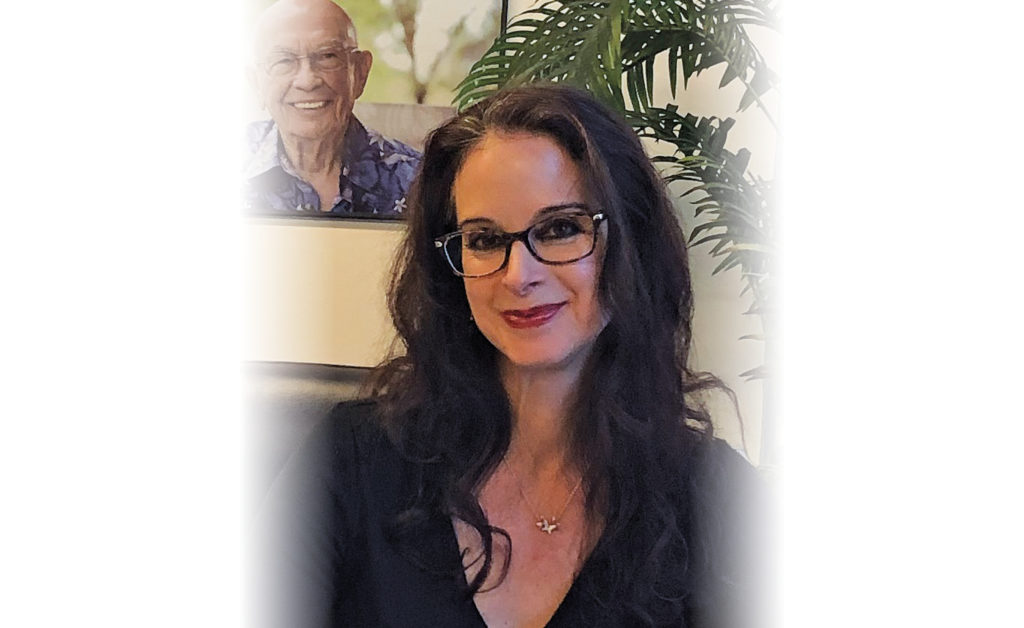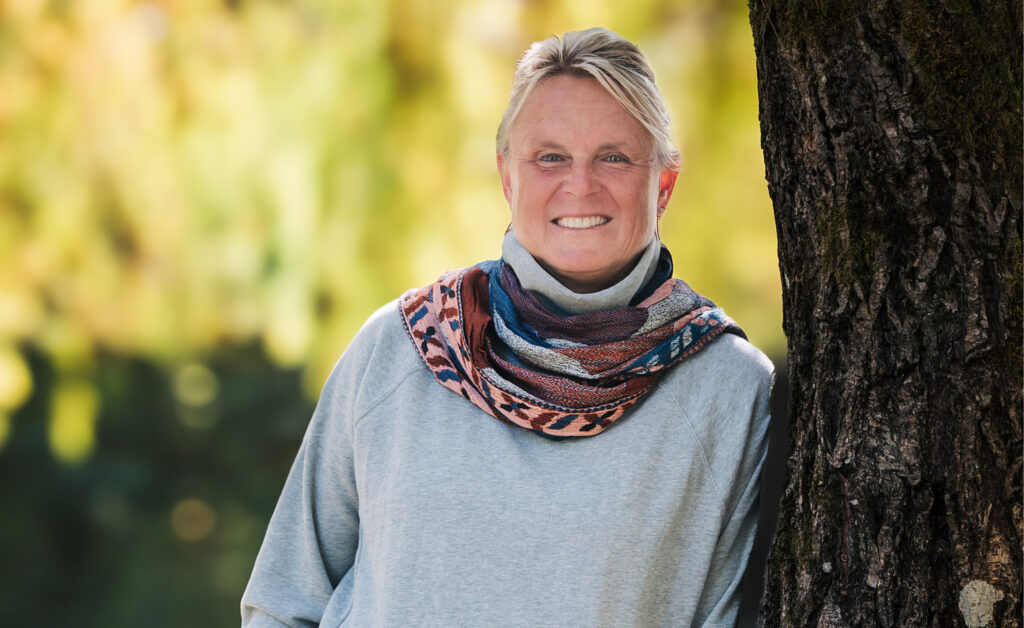by Sherrin Griffin VP, Operations, Sidney SeniorCare –
It used to be that we equated the approach of our senior years with retirement; the two used to go hand in hand. It seems that these days, that simply isn’t the case. With the rising cost of living in an already strained province, coupled with today’s rather unpredictable economic environment, it seems almost impossible to get ahead, and totally overwhelming to even think of retirement.
As a senior tweenie approaching my 60s, I have been flirting with the idea of retirement lately, but, like many others in my age group, am concerned about pulling the plug on regular paychecks and corporate benefit packages. I know that in my own circle of family and friends, many newly-minted retirees have ended up going back to work in some capacity, after either blowing through their finances at a rate they didn’t account for, or inaccurately estimating how much money and assets they would need to live comfortably for the next 25 to 30 years.
But how do you build a viable retirement plan with so many unknown and/or changing variables, such as quality of health, life span and economic factors like rate of inflation, etc.? What if there isn’t a “magic number” for retirement?
While the magic number may be elusive, there are certainly formulas for retirement which a qualified financial planning advisor can verify. In my own research, I discovered that in your retirement years you’ll need approximately 70% of your pre-retirement household income each year for roughly the next 25 years. Multiply that figure by 25, and that would be your retirement savings goal. Your financial advisor will most likely want to factor in our rate of inflation in Canada which, currently in 2023, is about three percent, hopefully dropping down to the target of two percent by 2025.
Although the timing of retirement is typically driven by mainly financial considerations, there are other reasons why seniors may choose to work longer, such as social interaction with others, the need to feel useful and productive, a sense of belonging and accomplishment, and providing structure to daily life.
Over the past few decades, Canada has seen a significant increase in the number of senior citizens wanting to remain working or rejoin the workforce. Statistics Canada in 2023 reported that more than half of seniors planning to retire would continue to work if they found suitable part-time work without affecting their pension. Other factors included finding work that paid more, was less stressful, and/or less physically demanding, and if their health allowed them to work longer.
As far as cost of living for potential retirees, this country’s rate of inflation and exorbitant rent increases have contributed to Canada being one of the most expensive countries (ranked 17th) in the world to live in, with our beautiful B.C. a highly-desired but pricey destination for many retirees. While the cities of Vancouver and Victoria may be priced out of range for many seniors, there are certainly more affordable locales in B.C. to consider, where your hard-earned retirement dollars will go farther. According to www.Curiocity.com, more affordable cities in this province include Kamloops, Abbotsford, Nanaimo, Prince George, Vernon, Courtenay, Terrace and others.
Another option to consider if you are a single senior looking to save retirement dollars is to share accommodations with other like-minded single seniors. I personally am a big fan of the “Golden Girls” concept that is starting to really take off as rental prices escalate. To be quite honest, the prospect of sharing wine and eating popcorn for dinner while watching an endless stream of rom-coms is just too blissful to ignore!




